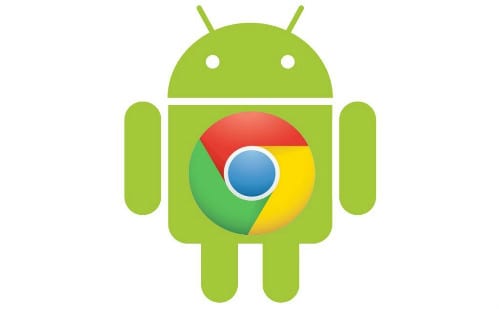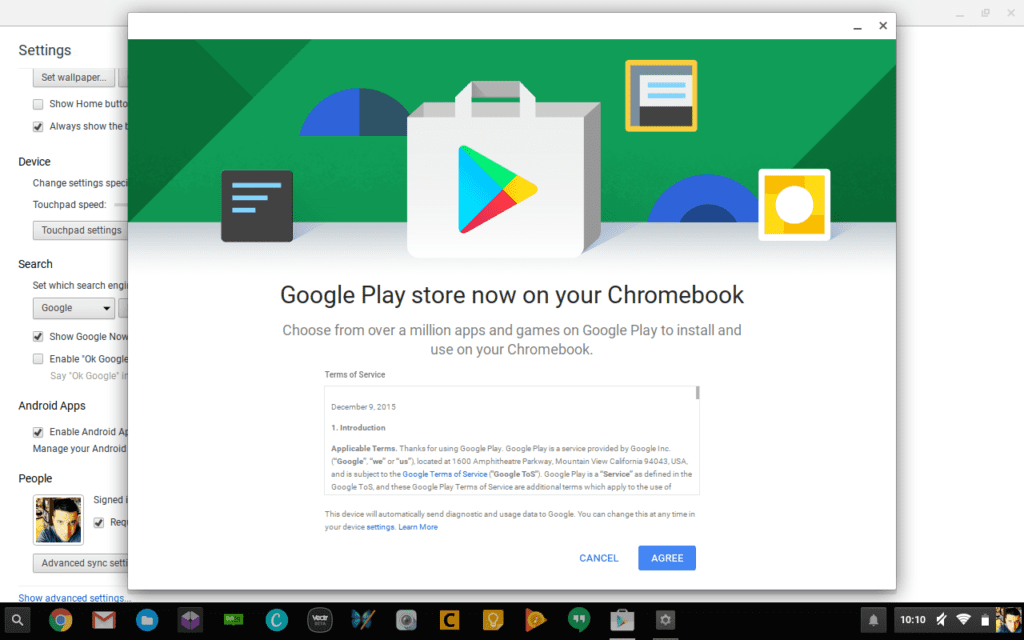

10/4 has come and gone. We saw a lot of things to be excited about. But we were also a bit disappointed as Chromebooks and Chrome OS took a back seat to the marketing extravaganza that is the Google Assistant.
Now that the smoke has cleared, it’s back to business as usual here at Chrome Unboxed.
Originally spotted in a G+ post, it appears that the Play Store has started to show up on Chromebooks outside of the original three.
The Acer R 11 and the ASUS Flip were the first two to gain access to Android Apps followed shortly there after by the Chromebook Pixel.
Now we see users reporting that the Play Store has been made available for devices including the Toshiba Chromebook 2, Acer 14, Acer 15 and Samsung Chromebook 3.
There is one catch.
For now, access to the Play Store requires switching your device to the Canary build of Chrome OS.
For those of you who aren’t familiar, Chrome OS has 3 accessible channels; Stable, Beta and Developer. You can read more about those here.
One step beyond these channel lies Canary. It is not a “channel” you can switch to like the other 3 but requires some additional steps in order to use.
At this point let me say, I do not recommend installing Canary without ensuring you are confident in the steps as well as the risk involved. I have personally used Canary many times and I can tell you, it’s very buggy. There is no guarantee your machine will work properly or at all.
Canary contains new features that are yet to be tested and therefore can be very unstable. With that being said, if you are one who likes “the bleeding edge”, there are a number of tutorials online for installing Canary on your Chromebook.
Best of luck.
The Play Store is still being labeled as Beta on any devices that have access and from the Chrome OS change log it appears it will stay is such until further notice.
The wait for Play Store has become a long, arduous one. In the wake of Google’s announcement of a much more consumer focused products yesterday, it may have appeared that Android Apps on Chromebooks have been swept aside like many other pet projects. But, rest assured, development continues.
The original timeline for the Play Store on Chromebooks was late 2016 or early 2017. So, as impatient as we may be, everything is still on schedule.
Chromebook development carries on as well. The list of upcoming devices is growing evey week. We have high hopes that Chrome OS and Chromebooks are here to stay.
Source:Liliputing

Leave a Reply
You must be logged in to post a comment.